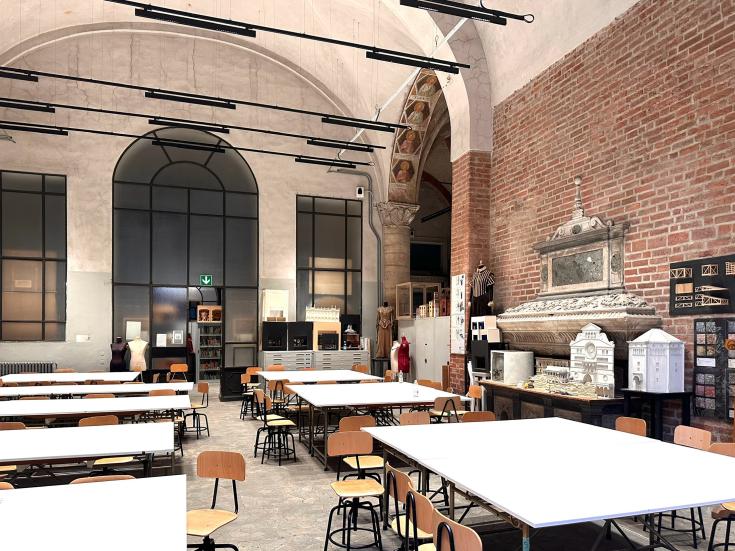2nd IEEE Ideas for Co-Functionalization of Religious Spaces
What Ideas Enable the Co-Functionalization of Religious Spaces in Rural Areas for Other Activities?
How can we adapt religious spaces in rural areas for diverse uses while honoring their history and culture? The co-functionalization of these spaces opens doors for community engagement, cultural events, education, and even remote work—giving a second life to underutilized heritage sites.
The 2nd IEEE Online Conference: “New Tendencies and Approaches in Shared Working Spaces, Temporary Locations, and Ephemeral Events” provides a timely and critical framework to explore how contemporary strategies in spatial adaptability can inform and support the co-functionalization of religious heritage in rural areas.
Religious buildings in these regions often face underuse, abandonment, or economic unsustainability, posing challenges for local communities and heritage conservation efforts. By integrating principles from shared workspaces, temporary functions, and flexible spatial models, new possibilities arise for revitalizing these historic structures while maintaining their cultural significance.
This discussion is crucial for local development, as rethinking religious spaces fosters new social, economic, and cultural dynamics. Moreover, it raises awareness of the urgent need to repurpose heritage responsibly, ensuring long-term sustainability while respecting historical and spiritual values.
Key Topics of the Meeting
The event will feature presentations by the partners of the Interreg Europe project REliHE and relative Stakeholders, showcasing examples of how different European regions have successfully adapted religious spaces for new temporary functions. Highlights include:
🔹 Community and Cultural Revitalization – Case studies on cultural events, exhibitions, and performances that bring new life to historic churches and monasteries.
🔹 Innovative Uses for Religious Spaces – Examples of how these sites are transformed into educational hubs, shared workspaces, and venues for public engagement.
🔹 Rethinking Religious Heritage for Sustainability – Strategies to ensure the economic and social viability of these spaces while respecting their historical significance.
🔹 European Collaboration and Policy Insights – Discussions on best practices from other Interreg Europe projects and the role of public institutions in supporting these activities
Additionally, we will welcome the Interreg Europe project EDIN (European Digital Nomads) to gain insight into their work on creating attractive environments for remote workers in different European regions. Their approach to flexible, temporary, and shared-use spaces can offer valuable perspectives for rethinking the future of religious heritage.
Register at our IEEE meeting and explore innovative ideas from our partners, discovering how religious buildings can be reimagined for contemporary needs while preserving their rich heritage.
